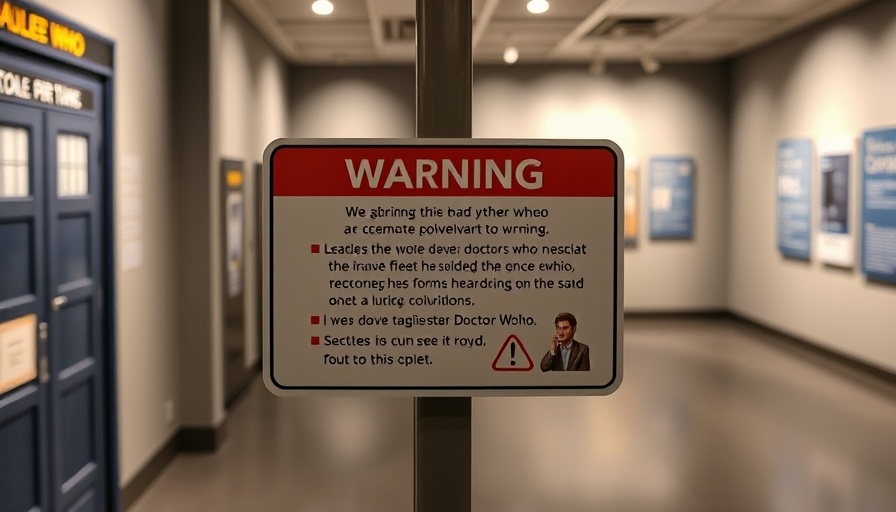
Exploring the Depths of "A Midsummer Night’s Dream"
Beyond its reputation as an emblem of Shakespearean excellence, "A Midsummer Night’s Dream" serves as a poignant critique of societal expectations and a reflection of the complexities of human emotions. This theatrical masterpiece intertwines the realms of love, power, and the quest for identity, making it more than mere entertainment—it is a representation of the political and personal upheavals that characterize our own experiences.
Shakespeare’s Insightful Commentary on Society
Shakespeare’s brilliance lies in his ability to mirror the political and social structures of his time through the lens of humor and fantasy. In a modern context, the play can be seen as a metaphor for today’s political landscape, where partisan divisions, much like the rivalry between Oberon and Titania, create chaos and disarray. Just as the play addresses the complexities of love, it also subtly highlights the struggles for power within the structures of governance.
The Role of the Fool: A Reflection on Leadership
The character of Puck represents the idea of the trickster, a vital component in critiquing authority. In Shakespearean times, fools often spoke the truth in jest, a concept that resonates with contemporary political discourse where satire provides a platform for venting societal frustrations. In a world fraught with disinformation and varying interpretations of democracy, the lessons of Puck's antics urge the audience to reevaluate the kind of leaders they follow.
Human Emotions as the Driving Force
The ageless theme of love, depicted through the absurd situations of the characters, invites reflection on how passion and desire frequently lead individuals to irrational decisions. In today’s political arena, the electorate often finds itself swayed by emotional narratives rather than rational discourse. The play serves as an allegory reminding us that, amidst the chaos of political campaigns and debates, the human experience remains at the core of our societal journey.
Connecting Past to Present: Cultural Reflections
The play continues to resonate due to its exploration of social norms and identity. Themes present in "A Midsummer Night’s Dream," such as the fluidity of love and the defiance of societal expectations, have modern parallels in current discussions about LGBTQ+ rights and relationship dynamics, exemplifying how Shakespeare’s work transcends time and continues to inspire discourse on essential issues.
Learning from Literary Masterpieces
Those engaged in professional environments can draw powerful insights from Shakespeare’s work, recognizing the nuanced interplay between emotion, power, and human connection. Just as the characters in the play navigate their friendships and love affairs, today’s professionals must adeptly manage interpersonal relationships within the increasingly polarized political sphere. Finding common ground amid division and fostering dialogue is essential for effective governance and corporate leadership.
The Future of Engagement Through Art
As we navigate political landscapes defined by extremes and polarization, understanding Shakespeare through a modern lens holds valuable lessons. The capacity for art to reflect, critique, and influence society demonstrates a unique avenue toward fostering better communication and understanding in our own world. Engaging with Shakespeare’s legacy urges professionals to contemplate their roles in shaping the dialogue of democracy, reminding us of the power of shared narratives.
The expansive themes woven throughout "A Midsummer Night’s Dream" encourage us to look beyond the surface and delve into the motivations that drive our actions, both personally and politically. In assessing the essence of this timeless play, we learn that navigating the labyrinth of human relationships requires understanding, empathy, and an acknowledgment of the unpredictable nature of life's joys and sorrows. Shakespeare’s insights remain relevant, compelling modern audiences to reflect on the dynamics of love, power, and identity, echoing the challenges present in today’s discourse.
Ultimately, engaging with Shakespeare’s work isn't just an academic exercise; it’s a vital reflection on the world we inhabit today. As political climates shift and evolve, those who understand the human experience replete with dreams, aspirations, and challenges can contribute meaningfully to the pursuit of a more informed, empathetic society.
 Add Row
Add Row  Add
Add 




Write A Comment